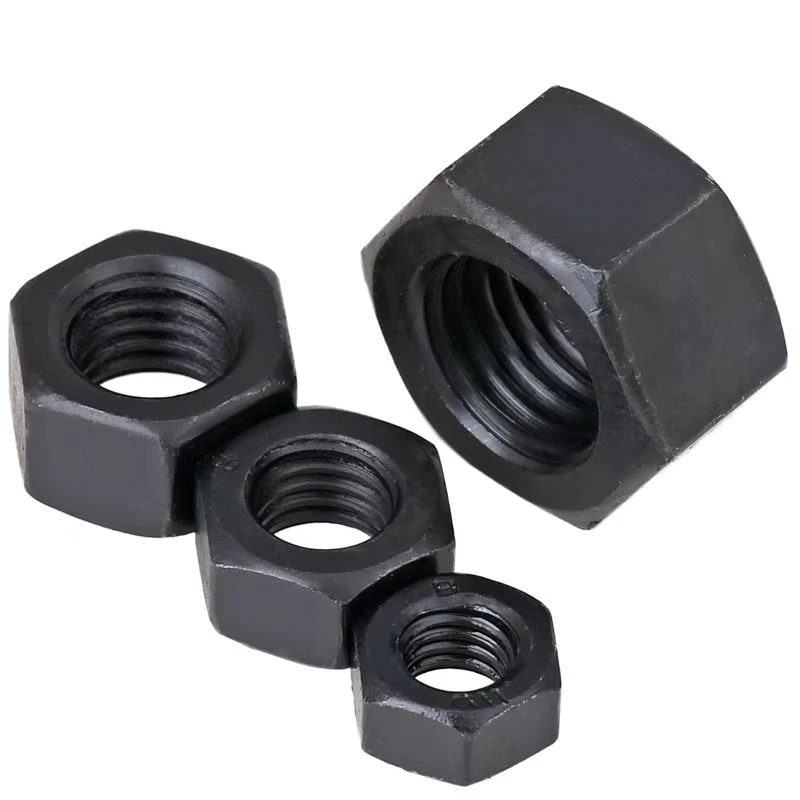cap bolts
Sep . 15, 2024 10:04 Back to list
cap bolts
Understanding CAP Bolts An Essential Fastening Solution
In the realm of engineering and manufacturing, fastening solutions play a crucial role in ensuring the integrity and reliability of structures and machinery. Among the various types of fasteners, CAP bolts have garnered significant attention for their unique features and versatile applications. This article delves into the characteristics, benefits, and uses of CAP bolts, highlighting their importance in various industrial sectors.
What are CAP Bolts?
CAP bolts, also known as cap screws, are a type of fastener characterized by their cylindrical body and a flat or rounded head with a built-in socket or hexagonal recess. This design allows for a secure fit when tightened with a wrench or an Allen key, making them ideal for applications where reliability and strength are paramount. The term CAP refers to the shape and form of the head, which is designed to be flush with or slightly protruding from the surface when installed.
Features and Benefits
One of the key advantages of CAP bolts is their ability to provide a high clamping force while maintaining a relatively low profile. This feature is particularly beneficial in applications where space is limited, as the head of the bolt can sit smoothly against the surface, reducing the risk of interference with surrounding components. Additionally, the use of high-quality materials, such as stainless steel and carbon steel, ensures durability and resistance to corrosion, which is vital in harsh environments.
cap bolts

Another significant benefit of CAP bolts is their ease of installation. Because of their design, they can be easily tightened and adjusted without the need for additional tools, saving time and labor costs during assembly. Furthermore, their reliability translates into enhanced safety in various applications, reducing the likelihood of equipment failure due to loose or broken fasteners.
Applications
CAP bolts are incredibly versatile and find use across numerous industries. In the automotive sector, they are commonly employed in engine assembly, chassis construction, and other critical components where vibrations and forces are prevalent. In the aerospace industry, their lightweight yet strong properties make them an ideal choice for aircraft assembly, ensuring that components are securely fastened while minimizing overall weight.
Moreover, the construction industry frequently utilizes CAP bolts for their structural applications, including steel frameworks and bridges. Their ability to withstand substantial loads and resist environmental challenges makes them a preferred choice among engineers and builders alike. Furthermore, in the realm of electronics, CAP bolts are often used in assembling devices, providing a reliable solution for securing intricate components.
Conclusion
In summary, CAP bolts are an essential fastening solution within various industries, offering numerous benefits such as strength, durability, and ease of installation. Their versatility in application, coupled with their ability to provide a secure and reliable fastening method, makes them a go-to choice for engineers and manufacturers worldwide. As technology continues to advance and demands for stronger and more efficient fastening solutions grow, CAP bolts are poised to remain a vital component in the future of engineering and manufacturing.
Latest news
-
Premium Phosphated Drywall Screws Supplier | Durable, Rust-Resistant
NewsAug.27,2025
-
Reliable Wire Bolts Suppliers | Quality Zinc Plated Fasteners
NewsAug.26,2025
-
Wire Bolts Suppliers: Durable & Reliable Fasteners for Every Project
NewsAug.25,2025
-
Premium Cabinet Bolts Supplier | Wholesale & Custom Solutions
NewsAug.24,2025
-
Reliable Axle Nuts Supplier | Quality & Precision Fasteners
NewsAug.23,2025
-
Durable Bolts for Lawn Mower Handle - Top Supplier & Manufacturer
NewsAug.22,2025
